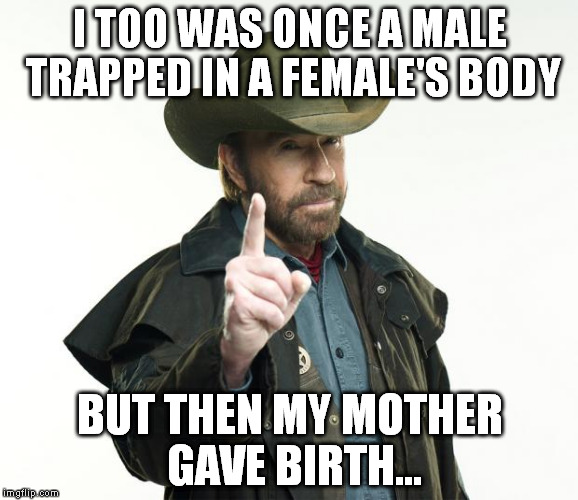
This article is an update on the continuing assault by gender ideologues on young males’ masculinity. Spencer Klavan writes at the American Mind Be a Man. Excerpts in italics with my bolds.
Gender theorists know what they are doing when they target children. We should know what we’re doing when we fight back.
In August of 2018, the American Psychological Association issued its first-ever “Guidelines for Psychological Practice with Boys and Men,” of which the first directive is that psychologists should “strive to recognize that masculinities are constructed based on social, cultural, and contextual norms.” In other words, treatment of boys and men should begin from the premise that manhood is culturally contingent and therefore alterable. The goal of therapeutic practice then becomes “to help boys and men over their lifetimes navigate restrictive definitions of masculinity and create their own concepts of what it means to be male.”

Graduate programs in psychology cannot gain accreditation or train students for licensing without the APA’s official imprimatur. It stands to reason that schools will feel strongly encouraged, at the very least, to conform their instruction with what the Association dictates. Not that institutions of higher learning typically need such encouragement: at Stony Brook University in New York, for example, the Center for the Study of Men and Masculinities is dedicated to deconstructing “traditional” manhood. Their website offers resources such as an article on “academic efforts to decode men.” It is to these resources that one is directed via hyperlink if one attempts to access any discussion thread about manhood which has been deemed toxic by the major chat website, Reddit.
Professional ideologues, then, are making their best efforts to train biological males out of their natural impulses toward strength, endurance, physical courage, and emotional self-control.
Boys who find themselves lacking in these characteristics—as every young man does at some point in his development—typically experience a sense of inadequacy. Traditionally, caring adults have tried to alleviate that inadequacy by helping boys grow into themselves—by helping them attain the masculinity that is their birthright but not yet their achievement. The new diagnostic recommendation, however, is to treat all such feelings of self-reproach as needless impositions from an outmoded worldview in need of radical deconstruction.

What conservatives typically emphasize in response is that biological sex does matter, that men’s yearnings to be manly are indeed authentic and spontaneous. This is entirely true. But it misses something, something that Aristodemus knew: there is also a part of gender which is learned and taught. We experience certain natural ambitions, but then we build societies and traditions which honor and channel those ambitions. Most boys are born with an interest in fighting and competing, but no boy is born knowing how to play football or hold a gun. We school one another, generation to generation, in the ways of manhood.
Therefore if you train impressionable boys to disassociate themselves from their sex, they will indeed lose the sense of grounding and orientation that comes with proper instruction—they will indeed become “feminized” like the children of Cumae. That is why the efforts to degender our society are often focused on children. Public schools now teach gender theory using cartoon characters as diagrams. Little girls wearing male clothing were cheered on national television in October of this year at the Democrats’ “Equality Town Hall.” In the same month a seven-year-old boy was very nearly subjected by court order (subsequently amended) to hormonal alteration by a mother who encourages him to consider himself female. If it sounds alarmist to say that “gender theorists are coming for your children,” good. They are coming, and it is alarming.
The answer to this is not only to insist that “male” and “female” are real, natural categories: it is also to acknowledge that one natural component of those categories is aspiration. There is nothing harmful in exhorting a boy to “be a man.” If he is not yet—and no boy is—he will be told by activists and perhaps his teachers that he does not need to be. But the longings of his heart will tell him that he should, that he can. It is the business of gender theory to extinguish those longings. It should be our business to defend them at all costs.

via Science Matters
November 10, 2019 at 09:27AM

Reblogged this on Climate- Science.press.
LikeLike